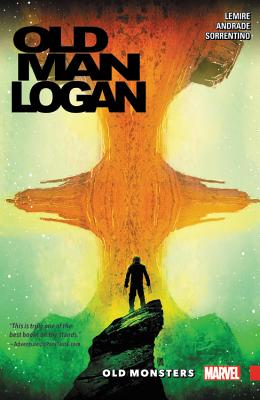
Forster, E. M.
product information
description
, "The Machine Stops," the reader is drawn into a dystopian future where humanity has retreated underground, relying entirely on a vast, omnipotent Machine for every need and desire. Forster's prose intricately weaves a narrative that explores themes of isolation, the dangers of technological dependency, and the fragility of human connection. The novella's vivid allegorical style reflects the anxieties of a rapidly industrializing society, evoking parallels to contemporary discussions about the impact of technology on human existence and freedom. The stark contrast between the sterile, automated world and the yearning for authentic relationships echoes throughout, emphasizing the importance of individualism and human resilience against dehumanizing forces. E. M. Forster, an influential figure of 20th-century British literature, was deeply invested in the exploration of human relationships and societal structures. Rooted in his experiences with the early 20th-century socio-political climate and burgeoning technological advancements, Forster penned this work as both a cautionary tale and a heartfelt plea for authentic human connections. His keen observations on the human condition highlight the complexities of dependence and autonomy in an evolving world. "The Machine Stops" is essential reading for those intrigued by speculative fiction and the philosophical implications of a technologically dominated future. Forster's foresight invites readers to reflect on their own relationship with technology and the necessity of genuine human interactions, making this novella a timeless exploration of what it means to be truly alive.
member goods
No member items were found under this heading.
Return Policy
All sales are final
Shipping
No special shipping considerations available.
Shipping fees determined at checkout.







